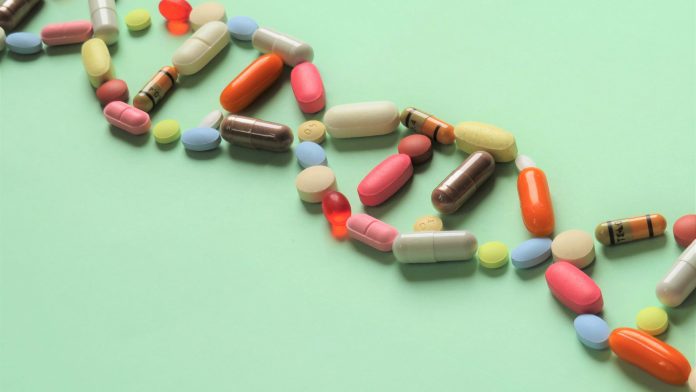
Pharmacogenetic testing shows promise in improving symptoms in patients with treatment-resistant depression.
Treatment-resistant depression is depression that has not improved despite treatment. For many individuals, anti-depressants, psychological counselling, and other treatment methods can ease symptoms; however, with treatment-resistant depression, standard treatments are not sufficient.
A study led by the Centre for Addiction and Mental Health (CAMH) provides new hope for treatment-resistant depression. Pharmacogenetic testing could transform treatment, with data from the study showing an 89% increase in remission rates compared to standard treatment.
The clinical study was published in the journal of Translational Psychiatry.
Pharmacogenetics: transforming medication
Pharmacogenetics is based on how each person may metabolise or respond to medication in different ways based on their genetic profile. As a result, patients given the same dosage of an anti-depressant may have differing levels of it in their bodies, or some patients may tolerate higher doses of a drug without serious side effects based on their genetics. Customised genetic testing through a cheek swap can help with medication selection and dosages for individuals.
“Using pharmacogenetics for treatment-resistant depression, we can be much more precise about exactly which drug will suit each person’s unique blueprints for the bodily systems that usher the drug into the brain and enable it to fight depression,” said senior author Dr James Kennedy, Head of the Tanenbaum Centre for Pharmacogenetics at the Campbell Family Mental Health Research Institute at CAMH. “It’s very personalised to each individual.”
Improving treatment-resistant depression outcomes
The research team carried out a 52-week double-blind study, comparing pharmacogenetic testing guided treatment to standard treatment. The clinical trial involved 276 patients who had been previously diagnosed with treatment-resistant depression, meaning their condition had not improved following the use of at least two anti-depressants.
“Remission, or full recovery from symptoms, is one of the most challenging endpoints to achieve when treating major depressive disorder,” said Kennedy. “The findings from this study contribute the first randomised, controlled data in Canada to the growing body of evidence of the clinical value of combined multi-gene pharmacogenetic testing.”
The researchers found an 89% increase in remission rates compared to standard treatment in treatment-resistant depression.
Whilst the findings of this Canadian study is considered preliminary because of the sample size, they mirror the results of a much larger American pharmacogenetics clinical trial that reported a 51% increase in remission rates for major depression compared to treatment as usual.
“Pharmacogenetic tests are currently not covered by public health plans in Canada,” added Dr Kennedy. “The average healthcare savings following pharmacogenetic testing, per depression patient, are over $3,000. If half of the 1.6 million Canadians with depression could get the test, savings could total $2.4 billion per year. Patient suffering during trial-and-error prescribing would be reduced. These study findings should be considered by health policy decision-makers, as they provide further impetus for implementation of reimbursement by public payers.”









